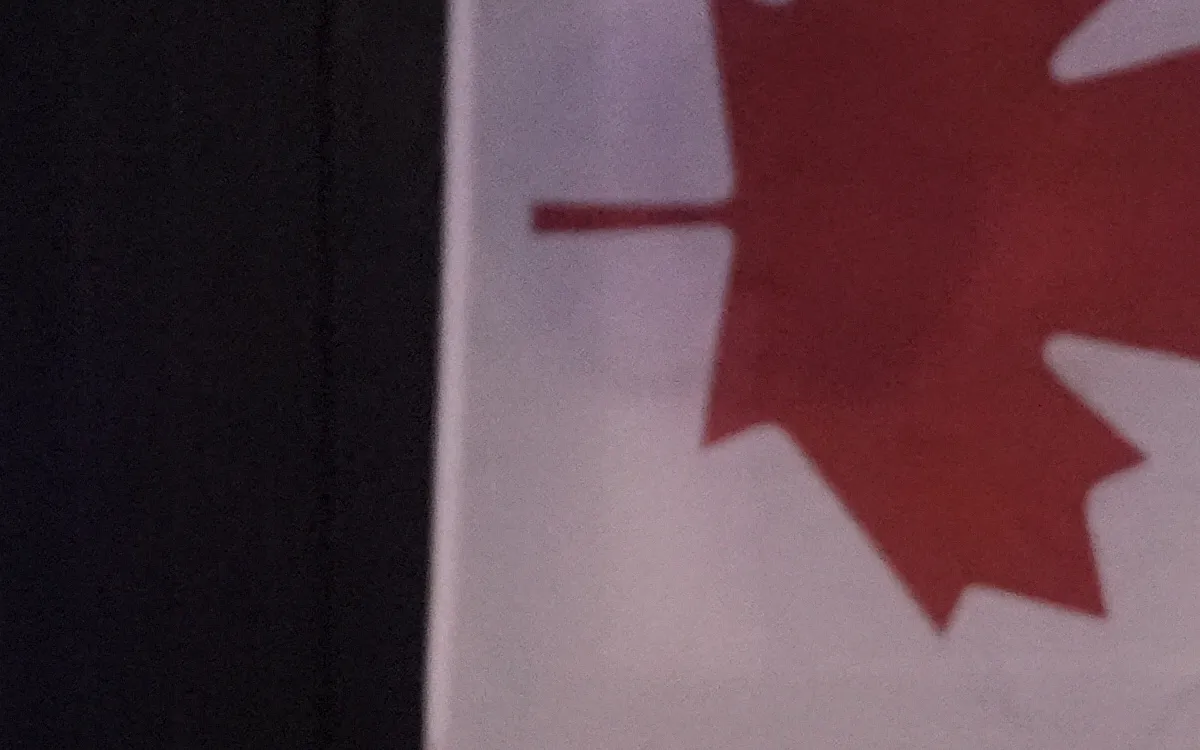
As the G7 Summit approaches, Canada's Prime Minister Mark Carney faces the daunting task of managing intricate diplomatic relationships while addressing pressing global issues. Louise Blais, a senior special adviser on U.S. and international affairs at the Business Council of Canada, emphasized the challenges ahead, stating, “Carney really does have to square a circle. Canadians feel bruised by the president. So he’s got to be nice, but not too nice.” This sentiment highlights the delicate balance Carney must strike amidst a backdrop of tension and protest.
Despite the likelihood that protesters will not be able to approach the summit venue, the potential for demonstrations looms large. Blais warned that a cold reception from frustrated Canadians could easily distract President Trump, who is known to pay close attention to media coverage. “We know that the president pays attention to the media, so I just hope that Canadians give the prime minister a little bit of grace to navigate this summit,” she remarked, underscoring the importance of maintaining a constructive atmosphere.
The summit takes place against a backdrop of numerous crises, including ongoing conflicts in the Middle East and Ukraine, widespread tariff disputes, and social unrest in the United States. Additionally, the shocking recent shootings of two Minnesota lawmakers and a tragic Air India disaster further complicate the landscape. Janice Stein, founding director of the Munk School of Global Affairs & Public Policy, believes that successful relationship management will be crucial. “This summit is all about relationship management,” she stated. “If the prime minister can keep all the allies at the table, that alone will enable agreement on some issues — but paves the way for better management of the issues that are important to everyone.”
Christopher Sands, director of the Hopkins Center for Canadian Studies, praised Carney for his pragmatic approach to hosting the summit. He noted that Carney opted to sidestep uncomfortable discussions regarding defense spending in favor of a more constructive agenda. “He understands the problems. He’s not showboating,” Sands remarked. “He wants to deliver positive change. He doesn’t want to have a fight over the communiqué.” This strategic focus may help to foster a more collaborative environment among world leaders.
In just three months in office, Prime Minister Carney is attempting to reset relationships with some of Canada’s most challenging partners. His invitation to Indian Prime Minister Narendra Modi has faced criticism from Canada’s Sikh lawmakers and the broader diaspora, especially in light of ongoing investigations into alleged involvement of Indian agents in the murder of a Sikh activist in Vancouver. Carney is also working to improve relations with China after a prolonged diplomatic freeze and has extended an invitation to Saudi Crown Prince Mohammed bin Salman, signaling a shift from the previous administration's approach.
Goldy Hyder, president and CEO of the Business Council of Canada, noted that Carney’s guest list indicates a departure from former Prime Minister Justin Trudeau’s more preachy international stance. “We’ve been seen to be a bit preachy around the world,” Hyder said, suggesting that Carney’s strategy is to prioritize Canada’s interests in a rapidly changing global landscape. Arif Lalani, a senior adviser at StrategyCorp, echoed this sentiment, emphasizing the need for a diplomatic reset with nations like India, China, and those in the Gulf region. “You have to be intellectually and diplomatically uncomfortable,” Lalani stated, advocating for a balanced approach that aligns with Canada’s values while engaging with diverse global players.
As Carney navigates these complex diplomatic waters, investors are keenly observing Canada's willingness to create an environment conducive to growth. Hyder remarked, “Capital is emotionless. It goes where it grows.” He emphasized the importance of the G7’s collective understanding of energy security and supply-chain resilience, which are crucial for attracting capital investment in their respective countries.
The Kananaskis summit will host an array of leaders, including Mexican President Claudia Sheinbaum, South African President Cyril Ramaphosa, Ukrainian President Volodymyr Zelenskyy, British Prime Minister Keir Starmer, Australian Prime Minister Anthony Albanese, South Korean President Lee Jae-myung, and UAE President Sheikh Mohammed bin Zayed Al Nahyan. Furthermore, NATO Secretary-General Mark Rutte and World Bank President Ajay Banga will also be present. A Canadian official expressed optimism regarding Carney's schedule, which aims to facilitate as many bilateral meetings as possible during the summit.
However, the guest list is not without its changes; Indonesian President Prabowo Subianto withdrew just two days prior to the event, choosing instead to engage in discussions with Russian President Vladimir Putin. This development serves as a reminder of the fluid nature of international diplomacy and the challenges that lie ahead for Carney as he seeks to foster cooperation among global leaders at the G7 Summit.